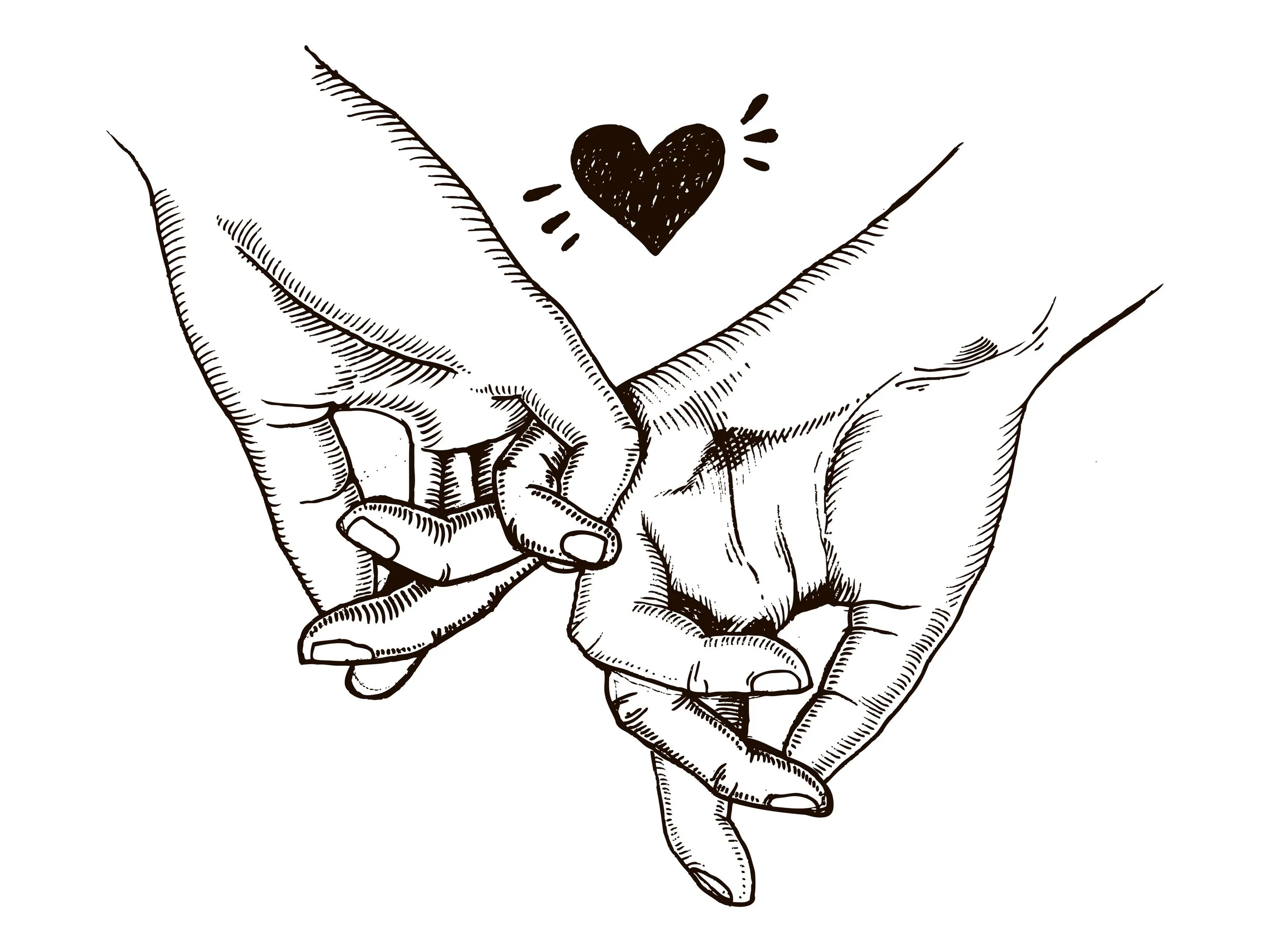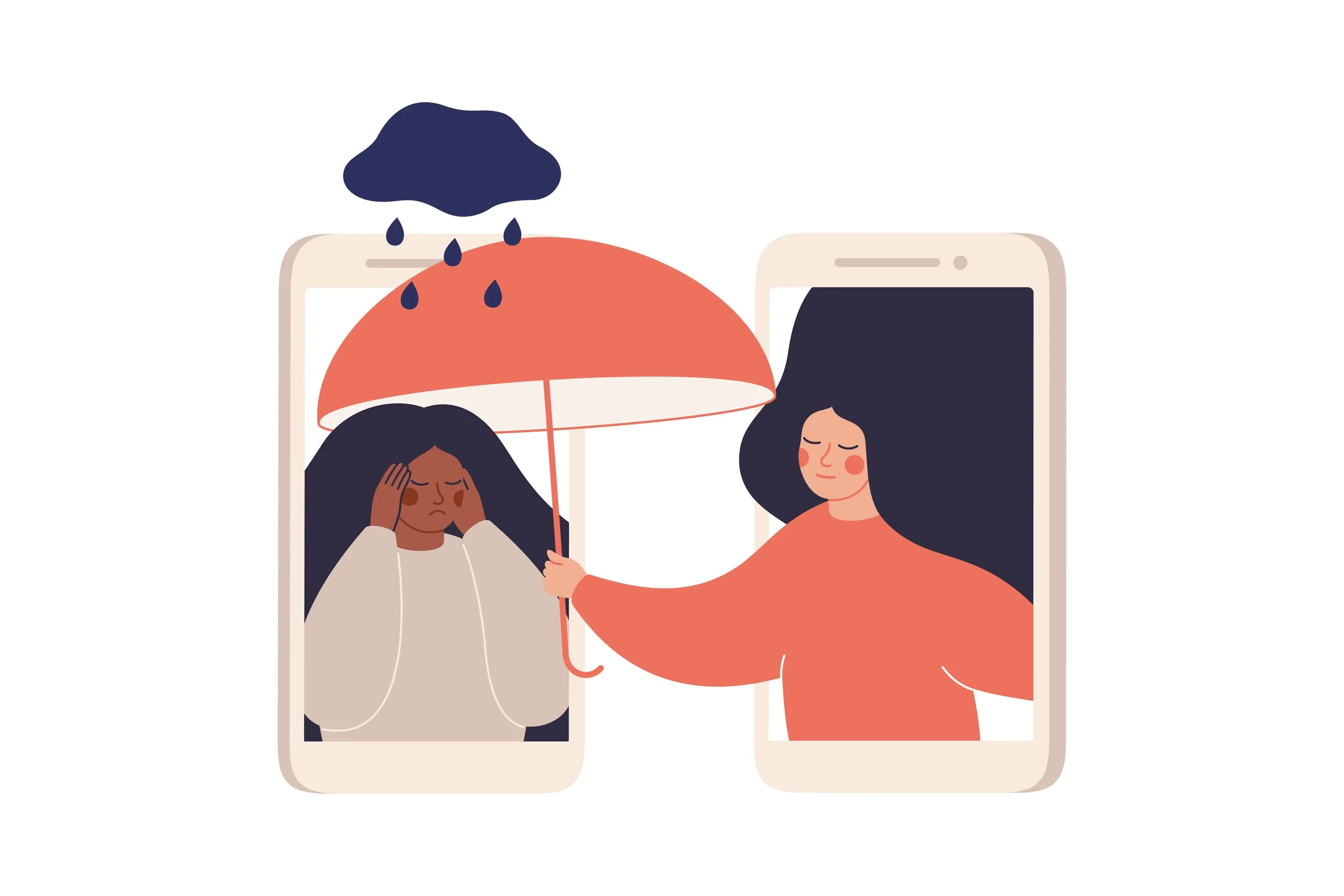Men, Vulnerability & the Masculinity Myth
Authentic and meaningful relationships are built on a foundation of vulnerability, but if you’re a man, your upbringing and society may have had you believe it should be avoided it at all costs. After all, we live in a world that values strength, power, and control - and what kind of man would you be if you didn’t embody these things?
For many men, vulnerability is something to be avoided, and it often is until there is no choice - until there is something to lose. Perhaps it’s a relationship, a friendship, a marriage, or even yourself. You may have learned that showing vulnerability is a sign of weakness or that it will make you a target for ridicule or rejection, but when we bottle up our true selves and refuse to express our feelings, the truth is that we are denying who we are, telling ourselves we don’t matter, rendering ourselves invisible.
The consequences of avoiding vulnerability can be severe. We may develop and feed addictions, cheat, lie, or on the other end of the spectrum, let ourselves be doormats. We may end up feeling disconnected from those around us, living life around them instead of with them. Our relationships may suffer as we avoid expressing our true selves and feelings, leaving our partners feeling alone and disconnected. So by avoiding vulnerability, we are essentially taking a match to our relationships instead of insulating them.
So, how can we start practicing vulnerability in our relationships? It begins with asking ourselves some tough questions. Am I being vulnerable? Am I being honest - with myself as well as with others? Not just with my partner but in all my relationships? If the answer is no, then it’s time to start exploring why. Are you still holding onto old ideas of what kind of person/man/parent/partner you should be? If you are, maybe it’s time to let those ideas go.
Another way to practice vulnerability is to pay attention to your own emotions and feelings. Instead of suppressing them or pushing them away, taking the time to acknowledge them and explore them is integral. This can help you better understand yourself and your own needs, and it can also make it easier to express your feelings to others - when we are honest with ourselves and others, we create a space for genuine connection and understanding.
It's also important to remember that vulnerability is a two-way street. It's not enough to simply share our own feelings and emotions with others. We must also be willing to listen and support others when they share their own vulnerabilities with us too. This requires empathy, compassion, and a willingness to be present for others even when it's uncomfortable.
To truly embrace vulnerability, we must be willing to take risks and put ourselves out there. We must be willing to accept that we may not always get the response we want. But by being true to ourselves and expressing our true feelings, we open the door to the most authentic and meaningful of relationships.



